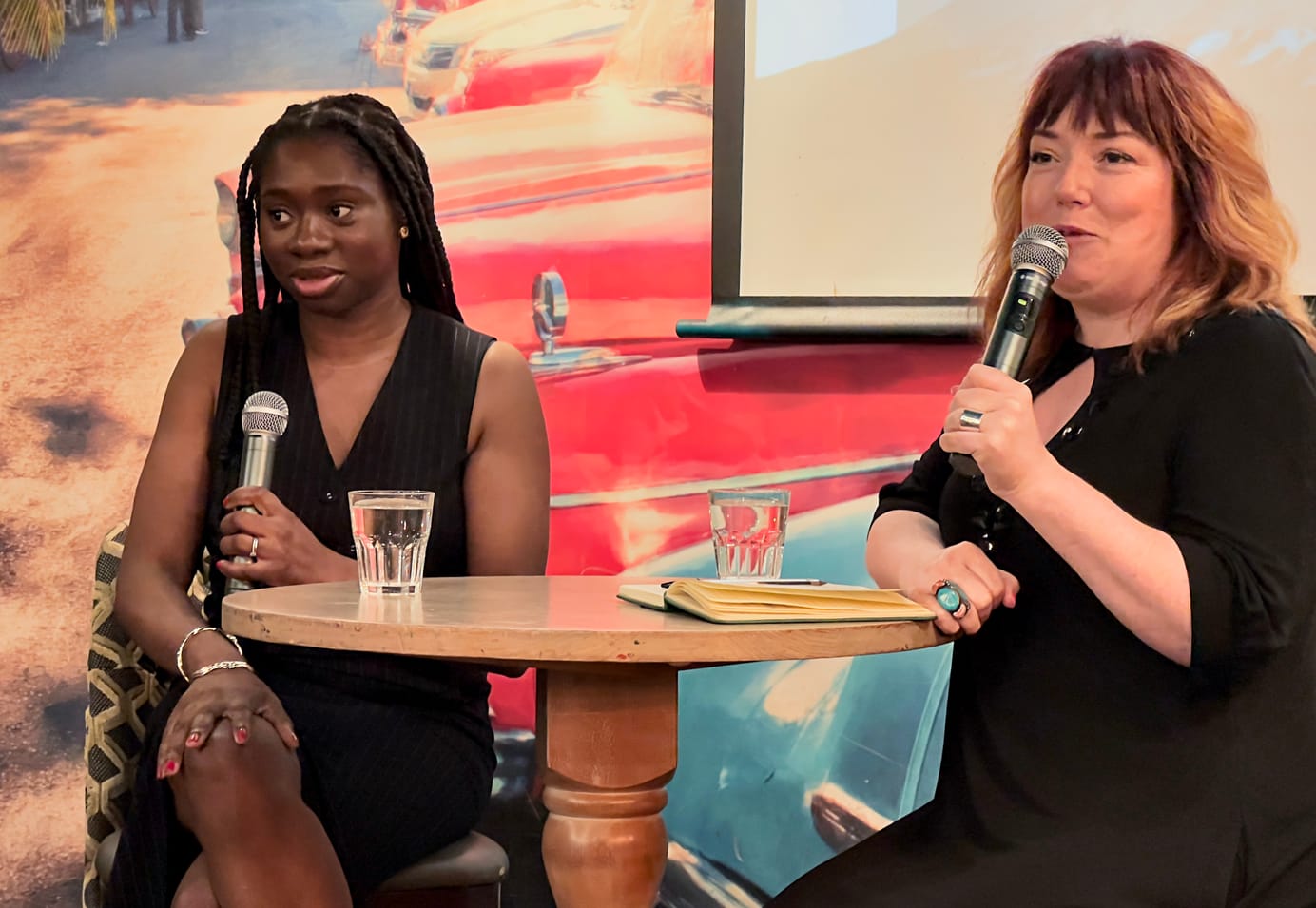
Why we need more than just good coronavirus reporting right now
There is only one story right now: Covid-19. That's not good enough. People need to escape from it, as well as being informed about it.
The Covid-19 pandemic has brought out both the best in journalism - but also one of its under-discussed failings. All too often, we get monomaniacal about a major subject, and fail to talk about anything else. And that’s a problem right now.
Like many others, I’ve been finding the last few weeks something of a trial. Because I earn the majority of my income through face-to-face training, that’s obviously under severe threat. There’s home-schooling, and managing our food (and toilet paper) supply, and low level anxiety about everyone’s health…
In short, like everyone else, I need distraction.
A couple of days ago, I decided to reconfigure my Engaged Reading Time newsletter to be three links a day, every day - but none of them about the novel coronavirus. But actually achieving that is hard. Right now, journalists are sticking topical, Covid-19 related intros on everything - even pretty unrelated stories.
Take for example, this National Geographic feature about a hermit:
Millions of people around the world are under isolation orders to prevent the spread of coronavirus, but one man has spent the past three decades in isolation by choice.
Gah.
The Covid-19 obsession
Here’s the problem. Constantly focusing on news about the coronavirus is just going to drive up people’s anxiety, and have a long-term mental health impact on the population. Now, I understand that the news journalism impulse is strong to make the most of this peak of attention around a single subject. The evidence from Chartbeat is clear that the traffic is there.
But here’s another thought: the revenue isn’t.
The coronavirus pandemic has inspired an unprecedented surge in news readership. But it hasn't created a concurrent surge in advertising revenue — starving news organizations of the resources they desperately need in a time of crisis. Advertisers are pulling back what they are spending, and refusing to allow their ads to be placed next to stories that report on the pandemic.
And yet another thought: there’s an opportunity in giving people distractions, too. People need an escape from obsessively reading about death counts, social distance policing and over-whelmed hospitals. And advertisers are more happy to advertise against that content.
If nothing else, both groups - readers and advertisers - need hope that there will be life after lockdown.
So, can those who aren’t needed — or aren’t expert — on the Covid-19 beat step away from the pandemic, and bring us other stories to lose ourselves in? After all, even the Chartbeat figures I reference above show that only just over a third of the enaged reading time is going to coronavirus stories. How seriously are you taking the other two thirds?
Life after lockdown
People have already realised that there are different needs during this period - The Telegraph has its You Are Not Alone section, for example, helping connect people. And that sort of community-centric journalism is something that we need to persist with once this is all over, however long that takes. But the content is still heavily pandemic-central.
And yes, we do need good, clear and informative reporting about the state of the pandemic, with locally and nationally. But that shouldn’t be all there is.
What about those of us who need a mental break from the anxiety, stress and death toll? How about creating coronavirus-free sections and newsletter, to help people disconnect and relax for a while?
Not every story needs a coronavirus intro. Even in times of social distancing and self-isolation, people need interesting things to watch and read. Let’s see more outlets catering to them.
Sign up for e-mail updates
Join the newsletter to receive the latest posts in your inbox.










